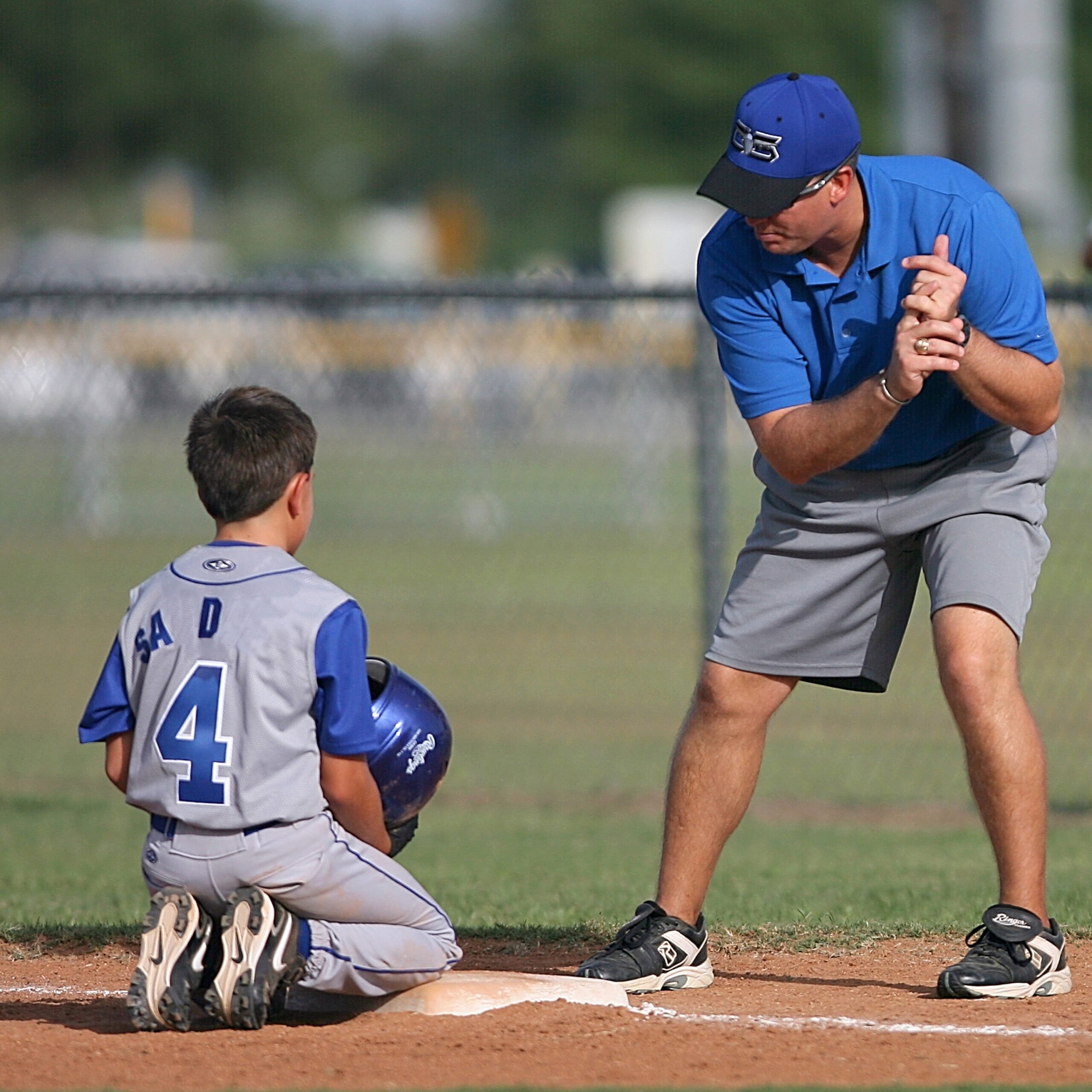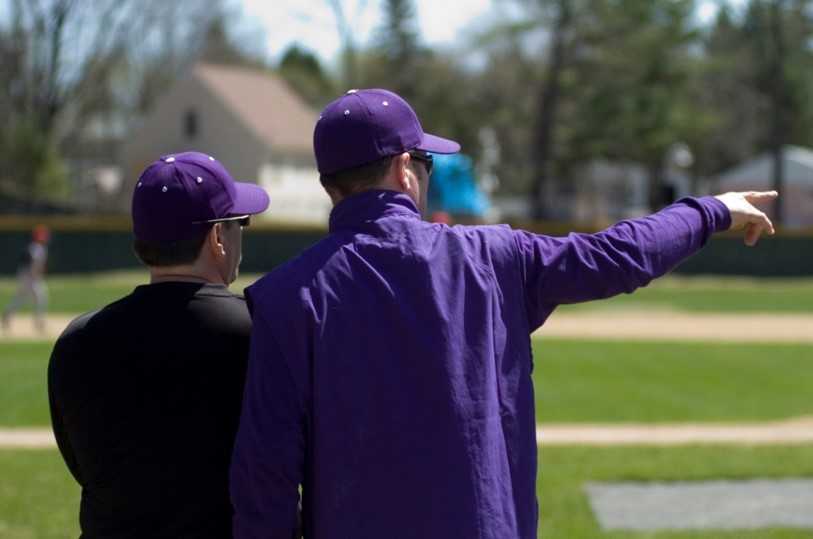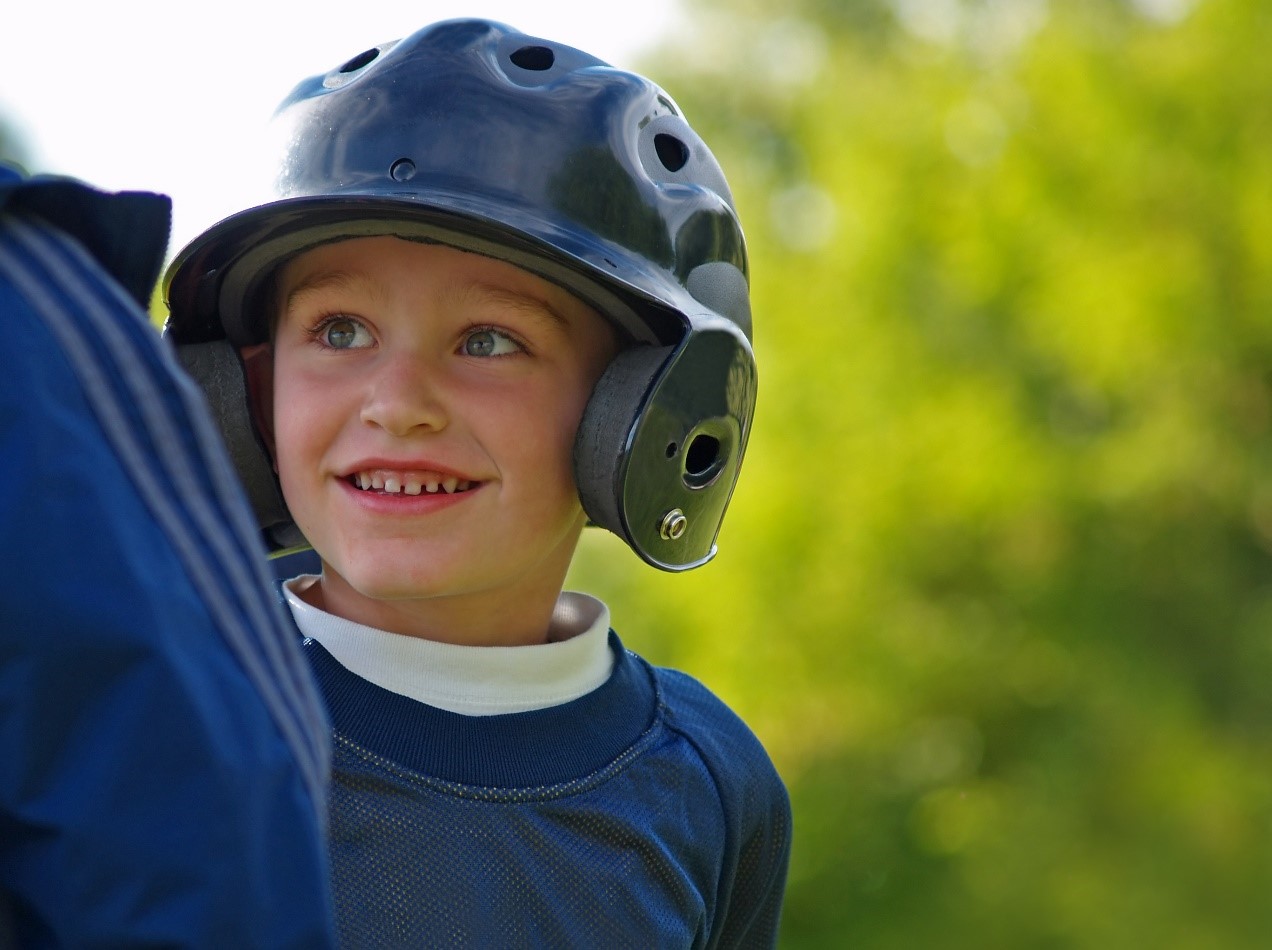
Resources for Coaches
Athletes depend on their coaches to learn, play, and have fun. Coaches have an important role in the healthy development of their young athletes. To learn more specific information about coach related topics see our articles below.
Coaching Courses
Volunteer Coaches
The Rutgers SAFETY Clinic (Sports Awareness for Educating Today’s Youth ™) is a three-hour program that meets the “Minimum Standards for Volunteer Coaches Safety Orientation and Training Skills Programs” (N.J.A.C. 5:52) and provides partial civil immunity protection to volunteer coaches under the “Little League Law” (2A:62A-6 et. seq.)
Introduction
On May 12, 1986, New Jersey became the first state in the nation to pass legislation which protects volunteer athletic coaches, managers, and officials from lawsuits. Commonly referred to as the “Little League Law” (2A:62A-6 et. seq.), this legislation extends partial civil immunity to volunteers who have attended a “safety orientation and training skills program.”
Since 1986, the Youth Sports Research Council, in cooperation with the New Jersey Recreation and Park Association (NJRPA) has trained more than 250,000 volunteer coaches in New Jersey.
Implementation
Youth sports agencies can choose to have the YSRC provide a Clinician to conduct the Clinic ($200 administrative fee), or they can train their own instructors. Any volunteer can learn to teach the Rutgers SAFETY Clinic by attending a 5-hour Clinician’s workshop (.5 CEU). Clinicians are provided with all the instruction and tools necessary for conducting the Clinic “on site” at their convenience.
Following completion of the SAFETY Clinic, the host agency is sent a roster of the volunteer coaches attending the clinic. Thereafter, the YSRC will certify any coach’s attendance upon request.
Clinic Schedule
Click Here to view Upcoming Schedule…

Objectives
In accordance with the stipulations in the Little League Law, the Rutgers SAFETY Clinic:
- helps coaches minimize the risk of injury to young athletes
- provides information about fundamental coaching concepts which enhances volunteer coaches’ effectiveness
- protects volunteer coaches from civil lawsuits

Topics
The curriculum for the Rutgers SAFETY Clinic is based upon the “Minimum Standards for Volunteer Coaches’ Safety Orientation and Training Skills Programs” (N.J.A.C. 5:52).
The topics include:
- Legal Aspects of Coaching
- Psychological Aspects of Coaching
- General Coaching Concepts
- Training and Conditioning Athletes
- Medical/First Aid Aspects of Coaching

Highlights
The Rutgers SAFETY Clinic Attendees receive:
- The Coaches’ Reference Manual (5th edition)
- The Rutgers SAFETY Clinic Certification Card
- Permanent registration with YSRC on online database (.3 CEU)
Resources for Coaches
What Happens to Early Youth Sport Stars?
Time to Read: 6 minutes Published: February 22, 2026 Topic: Youth Athlete…
Read MoreCoaching Athletes on the Autism Spectrum
Recreational community youth sport programs are typically open to all and welcome…
Read MoreModel Policy Banning Spectators for Inappropriate Behaviors
The following model policies regarding banning a person from a school or…
Read MoreModel Athletic Code of Conduct
The following model athletic code of conduct is promulgated in accordance with…
Read MoreNJRPA Concussion Guidelines & Resources
Guidelines for the Prevention and Management of Concussions and Head Injuries in Youth…
Read MoreIncluding Individuals with Disabilities
Including and Coaching Individuals With Disabilities in Recreational Youth Sport Programs In…
Read MoreNJ Little League Law
New Jersey’s Little League Law (2A:62A-6 et. seq.) Provides partial civil immunity…
Read MoreSAFETY Course: Frequently Asked Questions
Answers to NJ Volunteer Coaches Frequently Asked Questions 1. Why do I…
Read MoreGuilty or Not Guilty
This article, provided with permission from ParksAndRecBusiness.com, explains the different types of…
Read MoreWhat is Positive Coaching?
What Is Positive Coaching – Really, What Is It? What factors distinguish…
Read MoreWhat is the Best Coaching Style?
What Is the Best Coaching Style? Coaching styles range from the classic…
Read MoreLearning to Learn
Teaching Young Athletes the Skills of “Learning to Learn” Effective coaches not…
Read MoreAge Appropriate Strategies for Coaching Youth Sports
Strategies for Coaching Youth of Different Ages in Youth Sports Coach “What…
Read MoreElements of Effective Practices
Good planning and good execution are fundamental to running an effective practice.…
Read More20 Positive Discipline Strategies
Twenty Positive Discipline Strategies for Coaching Young Athletes The word discipline often…
Read MorePreventing Psychological Choking in Youth Sport
The basketball player throws up a “brick” at the last second of…
Read MoreGrowth and Development in Young Athletes
Childhood and adolescence is a time of change, not just in physical…
Read MoreT-Ball Manual, Drills, and Practice Plans
Introduction This is the Randolph Baseball T-Ball manual complete with gameplay guidelines, drills,…
Read MoreMental Toughness: Enhancing a Sense of Control
The concept of control basically refers to an athlete’s understanding of what…
Read MoreGoal Setting for Youth Sports
Goal setting is one of the most effective techniques for enhancing motivation…
Read More

















